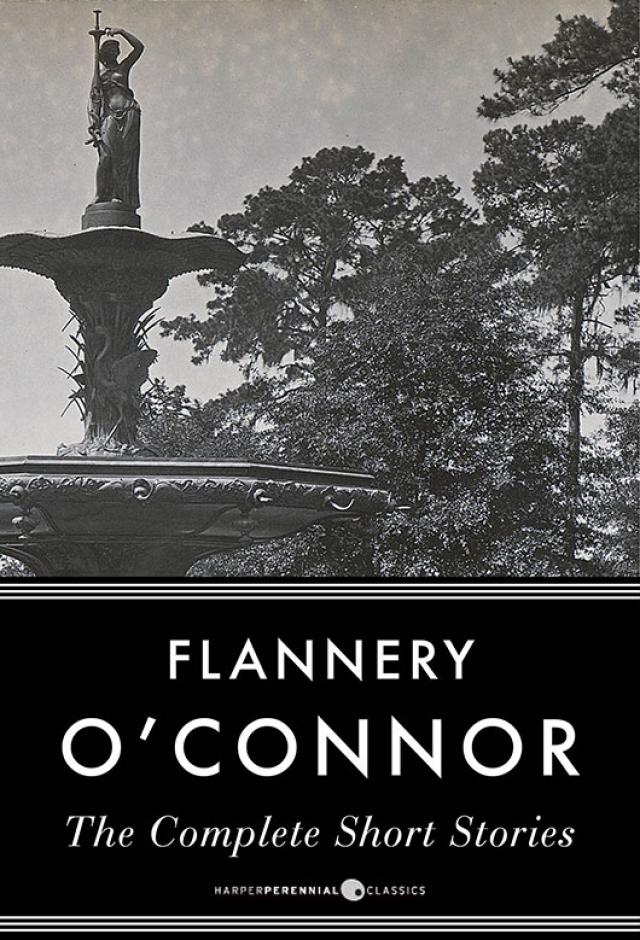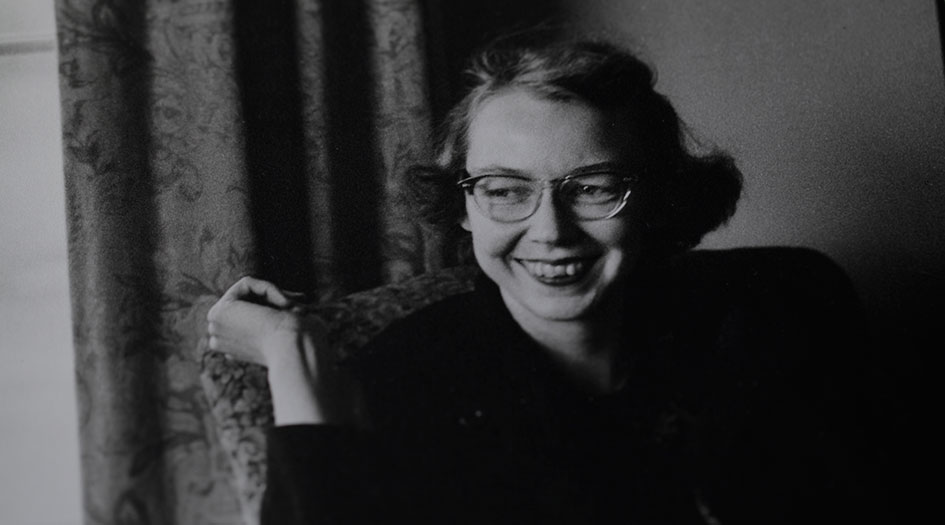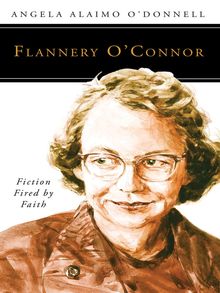The Barber Flannery Oconnor
Feb 27, 2021 One of Flannery O'Connor's short stories involving a professor who feels a need to explain his liberal political views to a conservative barbershop.

'The Barber' is an early short story by the American author Flannery O'Connor. It is one of the six stories included in O'Connor's 1947 master's thesis The Geranium: A Collection of Short Stories and was first published in New Signatures I: A Selection of College Writing Windows active wallpapers for iphone. Jan 17, 2018 Flannery O’Connor takes your latest Facebook fight and places it in a 1940s barber shop. It’s one of her grad school stories, and you can see that it’s tentative in places where a decade later she would kick in the door. (Rayber punches the barber in the final scene? Summary and Analysis 'Parker's Back'. The overt religious message presented in 'Revelation' is used again by O'Connor in 'Parker's Back.' This story was composed by O'Connor while she was lying in the hospital a few weeks before her death. The story has the salvation of a hard-drinking, woman-chasing heathen as its main theme.
This story, set for the most part inside of a barber shop, is a tale of an outcast. The outcast is not a criminal, a foreigner, or even someone with a physical deformity; he is just a man that believes in racial equality, while living in a town and region that believes in a racial hierarchy.


Rayber, a college professor, while simply trying to receive a shave, is bombarded by political questions from the barber. He wants to know who Rayber is going to vote for; when the answer isn’t to his liking, he responds by asking if he is “a nigger-lover.” This sets up a debate about beliefs, principles, and race that takes place over the course of three separate visits to the barbershop—each one causing Rayber to become more upset and more sure that he is definitely smarter than his fellow townspeople.
During the week before the third and final visit to barbershop, Rayber spends his time penning a speech to deliver to the men in the shop, hoping that he will be able to convey his reasons for voting for the “nigger-loving” candidate. Ultimately, his speech is met with mockery and derision, and Rayber loses his composure. He punches the barber, and walks out the shop, still wearing the barber’s drape. The end.
Now, while the story is pretty straightforward, I think it is important to mention the significance of Rayber’r role. He is a college professor, an advocate of higher education, but he is also a white man in the South who believes in racial equality, but he does not know how to be a successful activist for the cause. His education, though important, does not give him the gift of moral persuasion, and this is where his shortcomings begin to appear. The audience understands his point, but we are also aware that intelligence is not equivalent to superiority, thus we are able to see that, even though Rayber is true in his belief in racial equality, he is not a believer in human equality. In trying to convince the men that they are not superior to blacks, he instead ends up showing us that he thinks he is superior to those same men, because he is educated. O’Connor demonstrates the shortcomings in all humans, regardless of race or education level, and the character of Rayber is the vehicle she uses in “The Barber.”
In October 1970, six years after Flannery O'Connor died, The Atlantic surfaced one of her unpublished stories and ran it beneath an almost apologetic preface from her literary executor: 'I have consented to this publication with a note making clear ... the earliness of the story and its apparent standing in the estimation of the author.' Its standing was, apparently, not very high: O'Connor had written 'The Barber' in her very early 20s, as a student at the University of Iowa Writers Workshop. She'd never published it or included it in any of her short-story collections.
The Barber Flannery O'connor Summary
It's a tribute to O'Connor that even her b-sides were this good. In 'The Barber,' a college professor tries to talk a bunch of bigots into voting for a progressive candidate. It's a futile exercise—not because racists won't listen to reason, but because the professor just isn't very persuasive. After days of obsessing over the right words, he gives a lackluster rant against segregation that doesn't even impress the black boy sweeping the floors.
The Barber Flannery O'connor
'The Barber' was one of O'Connor's earliest efforts, but she came back to the same themes later in life. In 1965, Atlantic critic William Barrett reviewed her posthumously published collectionEverything That Rises Must Converge, giving special attention to the title story—the tale of an educated young man who can't change his mother's views on integration. 'The single moral, indeed, that runs through these stories,' observed Barrett, 'seems to be that the liberal mind, convinced, of its own rationality and self-righteousness, cannot possibly understand the perverse depths of the than human personality.'
The Barber Flannery O'connor Pdf
But as James Parker points out in the November 2013 Atlantic, there's a mystical dimension to these failures. O'Connor was fervently Catholic, but in an almost nihilistic way—as Parker writes, she saw the divine presence as a disruptive force. When her characters smash against the limits of their own intellects, the reader experiences a kind of anti-epiphany: 'The upended moment, the breaking-in or breaking-through of a vagrant, unbiddable reality: this is the grace of God and the sign of his love.'
Read or download 'The Barber' below.

The Barber By Tanner Bowman - Prezi
Also see 'Touched by Evil,' a review by Joseph O'Neill in the June 2009 Atlantic.